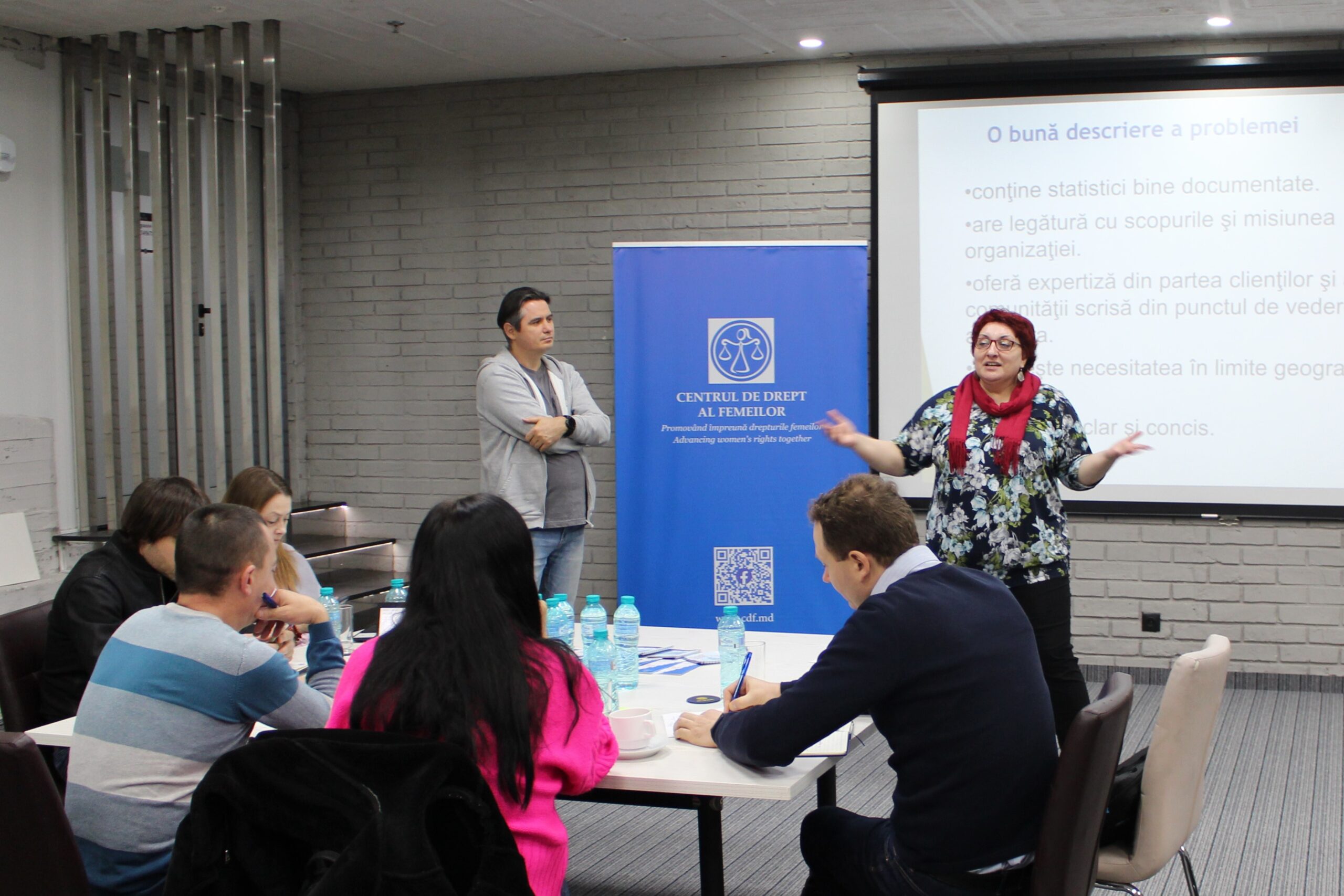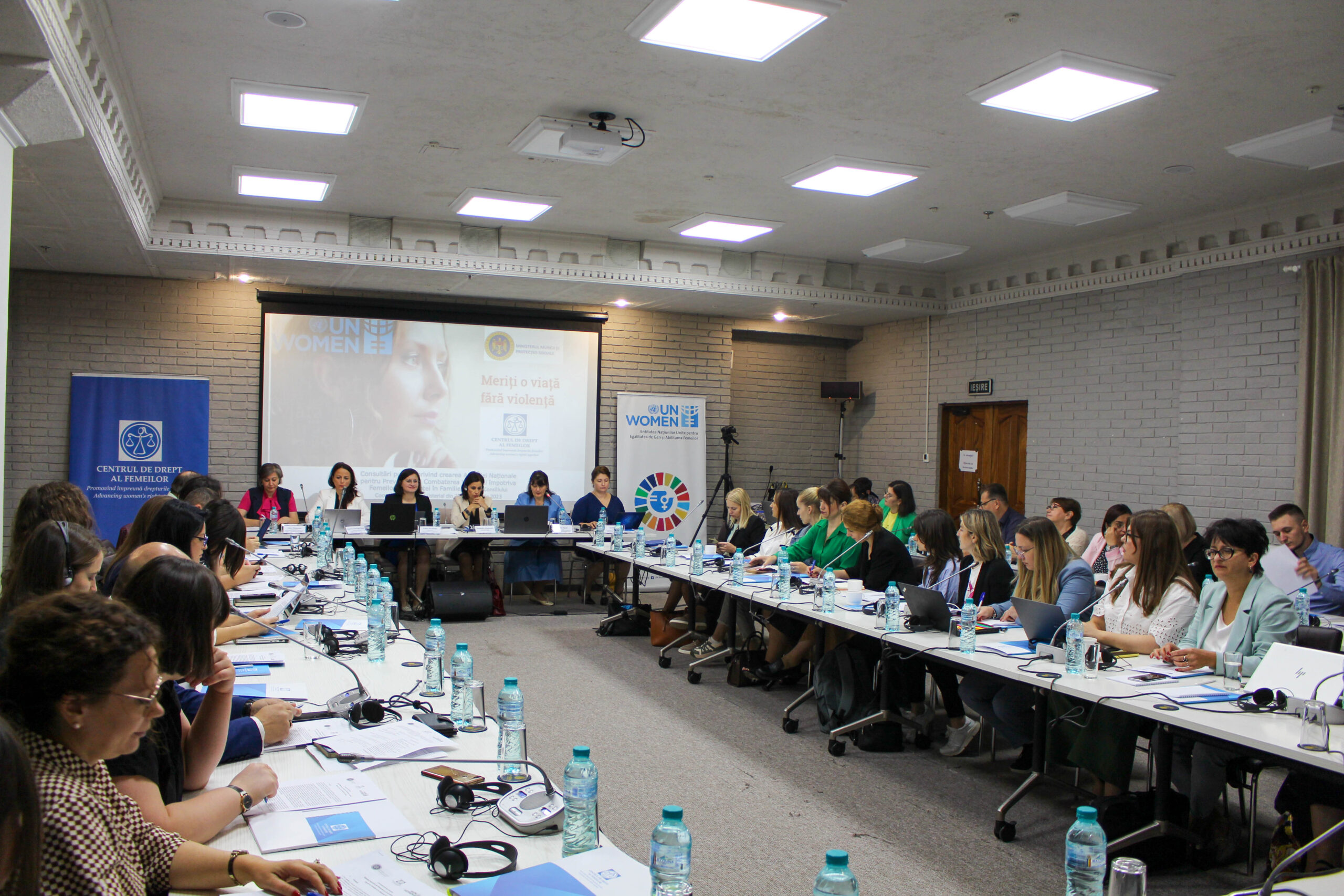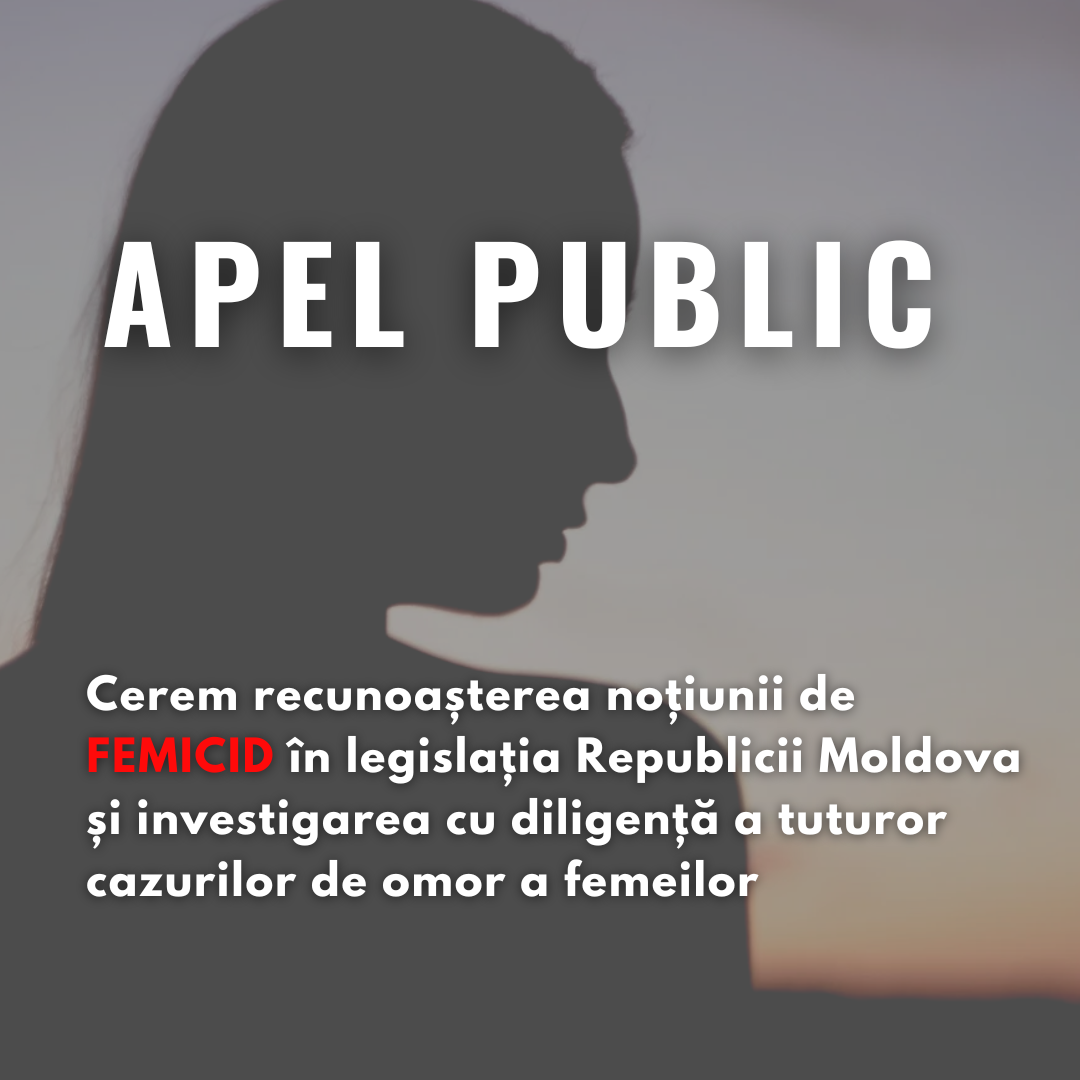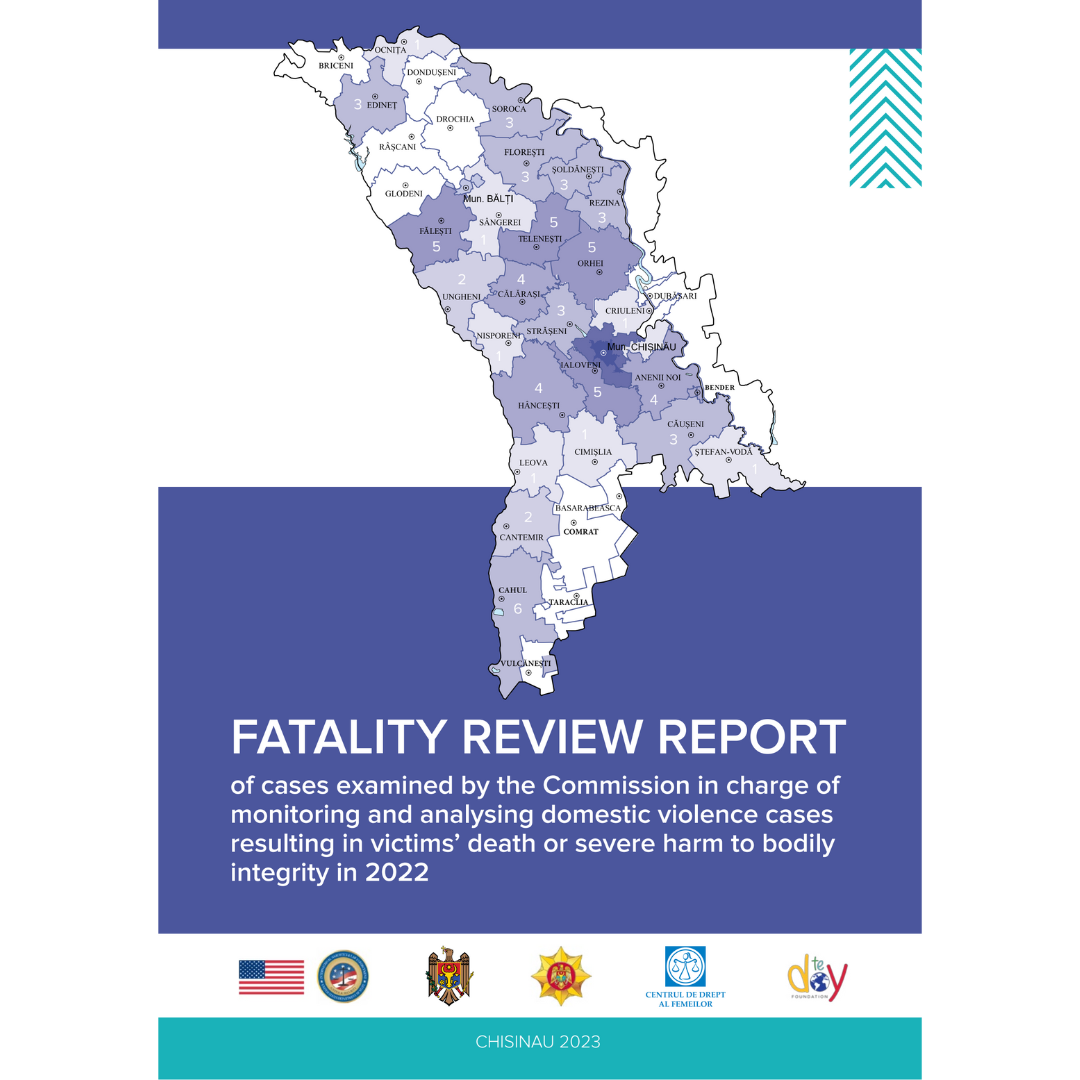What does ‘domestic violence’ mean?
The information presented here helps you find a solution when you experience domestic violence. Here, you can find information about the rights that a victim of domestic violence has and how to defend their rights.
Domestic violence is any harmful physical or emotional act that occurs between members of a family. This may include one episode or several acts of violence, thus forming an abusive behaviour model by exercising control. Domestic violence is intentional behaviour, the purpose of which is to establish and exert power and control over another person. Violence is used to intimidate, humiliate or frighten the victim. Men often use violence against their intimate partners, including current or former wives or girlfriends.
To better understand all the ways the abuser can use to maintain power and control over the victim, see the diagram representing what is often called ‘The Power and Control Wheel’.
The Power and Control Wheel shows the relationship between physical violence, sexual violence and intimidation, coercion and manipulation of the wife and children, whom the abuser often uses. The perpetrator uses such techniques in order to keep the power and control obtained by physical and sexual violence. Even one incident of physical violence or threatening to use physical violence may be sufficient to install power and control over the partner.
Five main characteristics of domestic violence:
- Domestic violence is an learned behaviour;
- Domestic violence is a repetitive behaviour and covers various types of abuse that can flow from one to another or can be combined;
- The perpetrator is the cause of domestic violence and not the alcohol consumption, the victim or their relationship.
- The danger for the victim and children increases during the separation of the partners;
- The victim’s behaviour depends on the survival modes she adheres to.
What do you have to do if you are abused?
It is possible that you don’t want to talk about your family with other people. It is also possible you think that domestic violence is a private issue. However, this is also a public matter. This issue affects families, children and the entire society. It is very harmful for children to live in an abusive environment. You could talk to your doctor, social worker, teacher, police officer, you can call us or anyone you trust. If your child was abused ot witnessed the abuse against you, you should contact the Police or the Child Protection Department. It could be very difficult for you to escape the abuse situation without the help of other people.
WARNING! You may feel dependent on the abuser. It is possible you still love him. You may feel that he needs you. You may also have family members that think it’s better for you to stay with him for the honour of the family. You could feel you have to stay in this relationship. The person that abuses you may threaten you to make you feel that leaving him is more dangerous than staying with him. Or he might promise to change and beg you to stay.
Who may be subject to violence?
Violence can happen to anyone. Domestic violence does not depend on the social level, education, race, religion or sexual orientation. Women may be affected: young or elderly, married or in a relationship, with or without children, rich or poor, employed or housewives.
The economic or professional status is not a factor that determines someone to recourse to domestic violence or become a victim of domestic violence – abusers and victims can be workers or university professors, judges or porters, doctors or nurses, teachers, truck drivers, builders or shop assistants.
Violence can take many forms:
- physical violence: shoving, slapping, hitting with/against objects, kicking or punching, hair pulling, slamming the victim against walls or furniture, choking, etc.
- psychological violence: humiliations and swearing, mockery, criticising the opinions or feelings, threatening to beat, threatening to take the children, using the children to make them feel guilty, neglect, threat, demonstratively destroying objects, psychological manipulations or forced isolation from friends, family, children, school and/or work, etc.
Emotional abuse is serious. Emotional wounds are very hard to heal. - sexual violence: coercion to engage in sexual intercourse or unwanted touching, continued sexual contact when asked to stop it, or forcing someone to engage in unsafe or humiliating sexual acts.
- economic violence: prohibition of having or keeping a job, limitation of access to family income and assets or own money, deprivation of livelihood such as food, medicine.
- spiritual violence:limiting or prohibiting the practice of a religious cult or lifestyle.
WARNING! Any of these forms of abuse could be inflicted by the abuser on your child. If you suspect this, call the child protection authorities immediately!
The cyclic nature of domestic violence
Domestic violence is cyclical and does not stop by itself. The ‘bursts of violence’ are followed by a period of reconciliation, when the perpetrator promises that ‘it won’t happen again’, which is then followed by another ‘storm’. Over time, acts of violence become increasingly frequent and more severe, calm periods become shorter or disappear altogether, and the cycle of violence continues.



